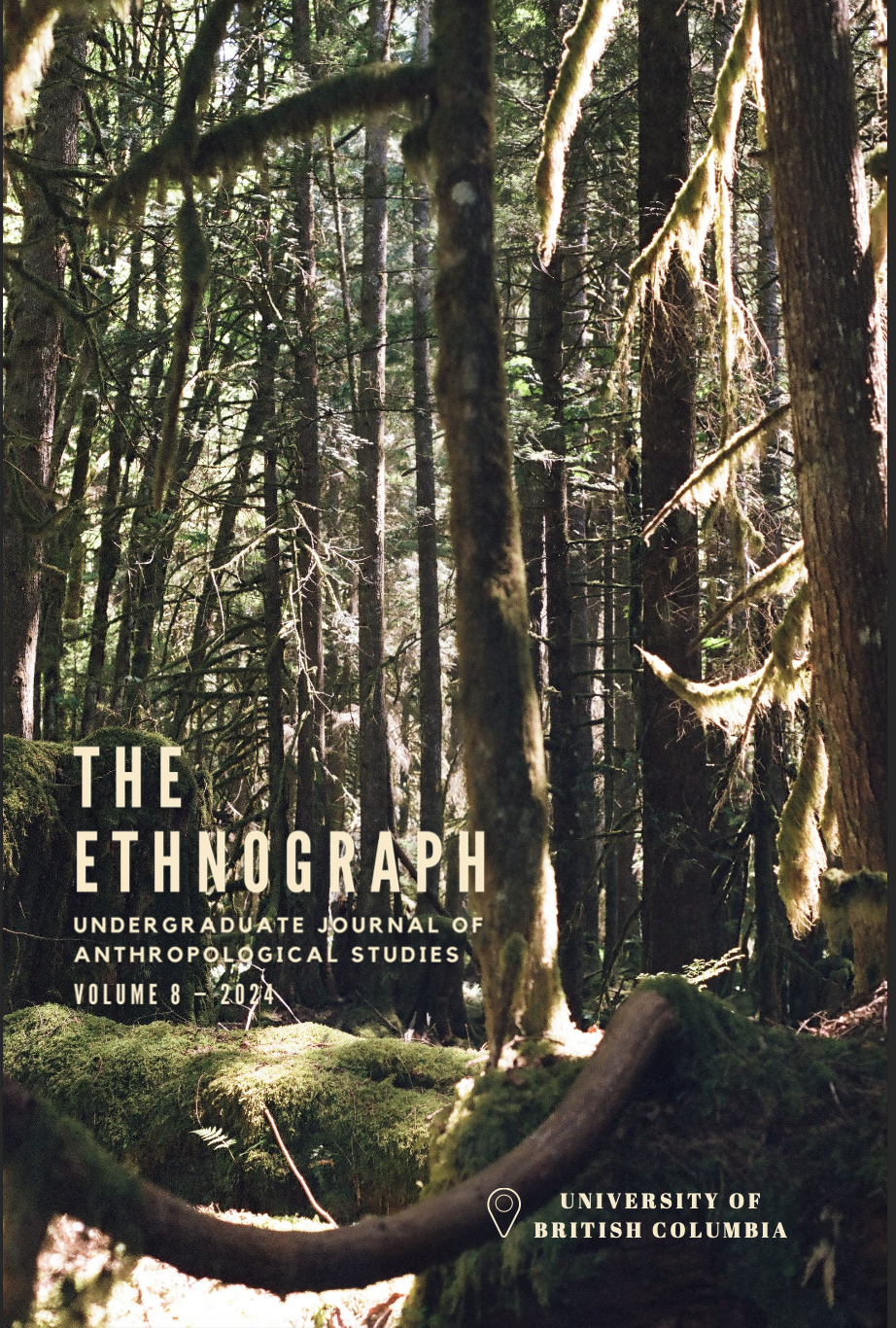Arts organizing as urban commoning
A case study of community-based artistic practice, participation, and governance
Abstract
This article explores dynamics and outcomes of community-based arts organizing in the urban context of Vancouver, Canada. Through a case study of a community- based Vancouver arts collective, it explores the social, spatial, and material re- sources, as well as the practices, strategies and repertoires that are used by this collective to enact community-based arts initiatives. Ethnographic methodology, in- cluding interviews, focus groups, and participant observation methods, were used to explore the practices, strategies, and experiences of the collective. Various theories of commoning, including the works of Ostrom, Fournier, and Federici, are employed to dissect how the ‘commoning’ of social, cultural, spatial, and economic resources is enacted by the collective, becoming a potent strategy to enable collective artistic practice. The ethnography reveals that this habitus of commoning, as it is enacted through community-based arts practice, enables powerful forms of grassroots com- munity governance and self-determination.
Downloads
Published
Issue
Section
License
Copyright (c) 2024 Teodora Rawthorne Eckmyn

This work is licensed under a Creative Commons Attribution-NonCommercial-NoDerivatives 4.0 International License.

